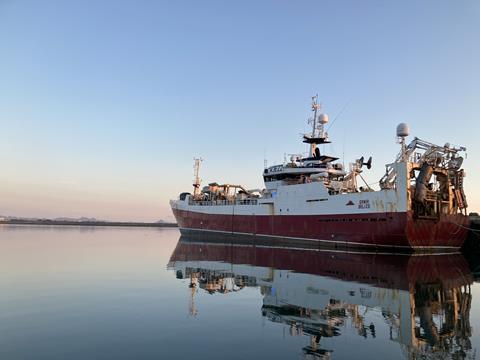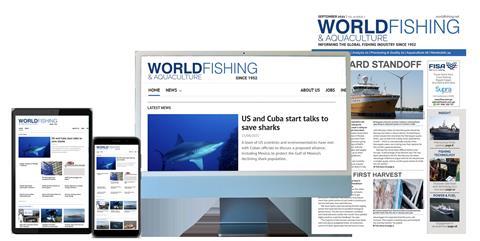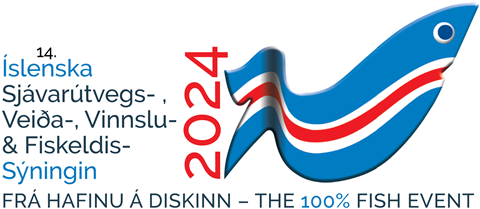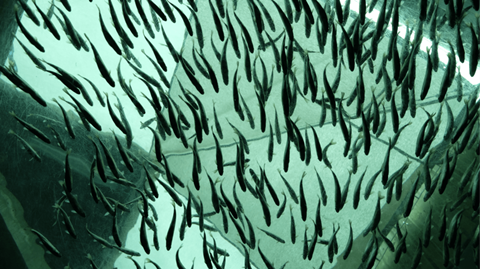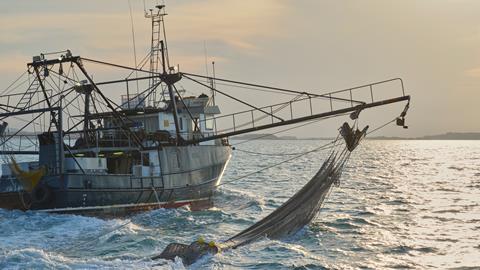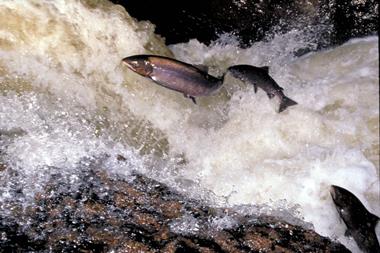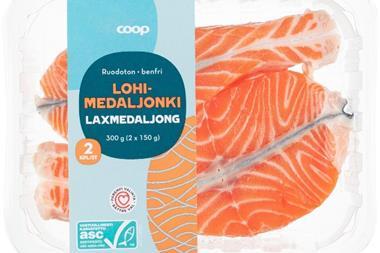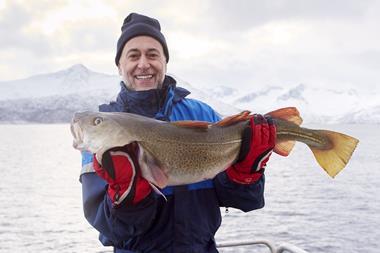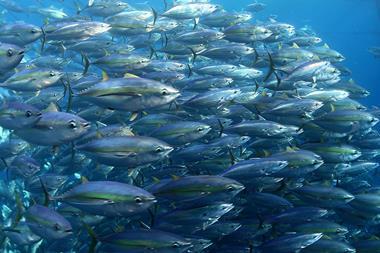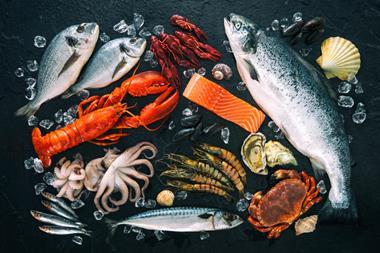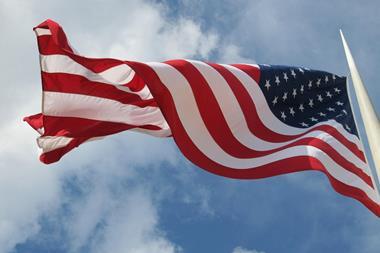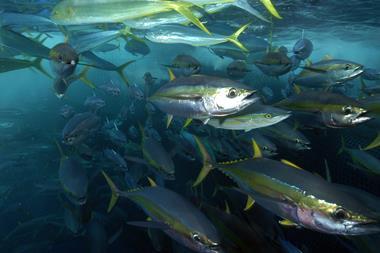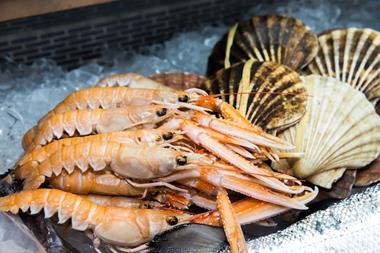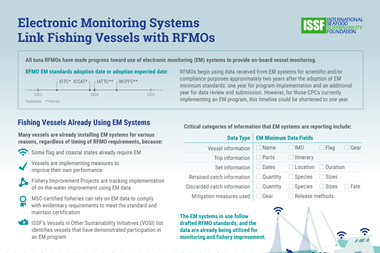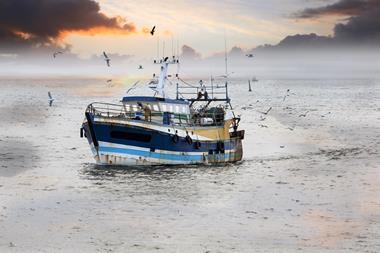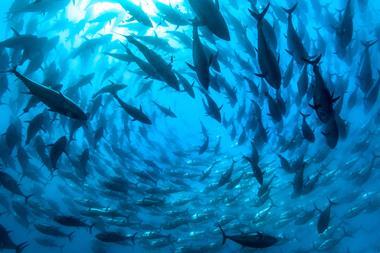Marking the UN World Day for Safety and Health at Work (28 April), the Coalition for Fisheries Transparency, The Nautical Institute and the FISH Platform are raising awareness on the urgent need to make the major international treaty protecting fishers’ lives at sea – the IMO Cape Town Agreement – a reality at the upcoming UN Ocean Conference
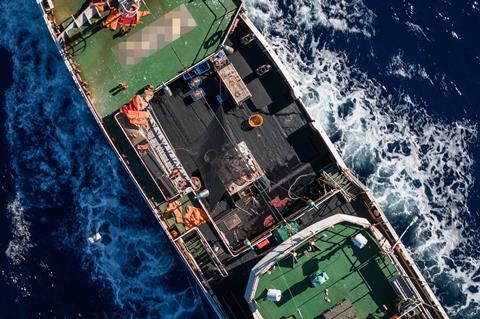
The third United Nations Ocean Conference, to be held in Nice, France, 9-13 June 2025, presents an auspicious opportunity for states to ensure that fisher safety at sea is an international priority by ratifying the IMO 2012 Cape Town Agreement for the Safety of Fishing Vessels. This important step would better equip States to advance safe, legal and sustainable fishing.
A safety treaty demanded by fishers for nearly 50 years
The Cape Town Agreement is an internationally binding treaty which aims to ensure the safety of crew operating on large commercial fishing vessels and guarantee them improved working conditions while at sea. It sets key safety standards for vessels of 24 metres or over, capable of operating on the high seas.
It was established in 2012, but it has yet to be fully ratified and is therefore currently ineffective. The entry into force of a safety treaty for fishers has been in motion since the adoption of the Torremolinos Convention on this matter in 1977, and then the Torremolinos Protocol in 1993; unfortunately, these treaties both failed to take effect as they were never fully ratified. The upcoming UN Ocean Conference is therefore a major opportunity for countries to demonstrate ambition and collective action by ratifying the Cape Town Agreement to allow it to enter into force. Until this happens, more fishers will work in dangerous conditions, risking loss of their lives.

The safety of seafarers at sea was made an international priority after the Titanic disaster in 1912, yet – shockingly – no similar level of protection has been extended to fishers. This is unacceptable, as is the fact that fishers have waited close to 50 years for a long-promised international treaty to protect their lives at sea.
In 2019, 51 states from all continents committed to ratify the Cape Town Agreement by October 2022, for the 10-year anniversary of its adoption by the IMO. Three years later, the agreement still needs further ratifications to enter into force. But now, full ratification stands within reach. To enter into force, 22 states must ratify the CTA, and conjointly declare a fleet of 3,600 fishing vessels upon ratification, to represent a significant proportion of the world’s fleet. Today, 23 states have ratified, and only 665 vessels are missing for the Cape Town Agreement to finally be a success. If the Covid-19 pandemic hindered numerous flag states in their ratification process, the UN Ocean Conference in Nice provides them with a decisive opportunity to finally deliver on their commitment to prioritise fisher safety at sea.
Fishing, one of the most dangerous professions in the world
Safety of fishers is of utmost importance as fishing has been recognised by the United Nations as one of the most – if not the most – dangerous occupations in the world for more than 25 years now. Fatality rates in the fishing sector are an order of magnitude higher compared to other sectors. Thus, on the UN Day for Safety and Health at Work, we urge that complacency is unacceptable and it is an essential duty of the international community to ensure fishers’ safety onboard fishing vessels.
Moreover, the entry into force of the Cape Town Agreement would be instrumental in fighting illegal, unreported and unregulated (IUU) fishing, which States have committed to end by 2020, as stated under Sustainable Development Goal No. 14.4. The United Nations recognised in that respect that inspections and surveys will enhance crew safety onboard and support the fight against IUU fishing by increasing the transparency of fishing activities.
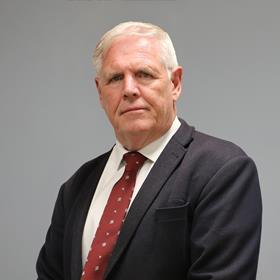
The Coalition for Fisheries Transparency promotes the ratification and implementation of instruments that set clear standards for fishing vessels and the trade in fisheries products, including the IMO Cape Town Agreement, under Principle 8 of the Global Charter for Fisheries Transparency, a framework for sustainable, legal and ethical fisheries.
A GlobeScan survey released on the 2020 World Oceans Day which included more than 20,000 consumers from 23 countries highlighted that 65% considered the sustainability of fish and seafood products as “vital”. Alongside the FAO Port State Measures Agreement (PSMA) and the ILO C188 Work in Fishing Convention, the entry into force of the IMO Cape Town Agreement would combine powerful international instruments to work in conjunction, assuring consumers that fishery products were harvested in a safe, legal and sustainable way, traceable from net to plate as catch control, decent working conditions and safe vessels are three complementary and indivisible conditions to end illegal fishing.
Accelerating action at the UN Ocean Conference

Wild fish and seafood products are the world’s most traded food commodities internationally that play a crucial role in feeding the world’s population. Today, there is a broad consensus among all fishing stakeholders and civil society organisations on the need to protect fishers’ lives at sea.
It is as crucial for flag states with substantial fleets as it is for those importing states without a coastline or fishing fleet. The UN Ocean Conference provides a pivotal occasion to leverage countries’ ambition on a global scale by “Accelerating action and mobilising all actors to conserve and sustainably use the ocean”, the Conference’s overarching theme. Therefore, states simply cannot miss yet another chance and delay action: we urge them to ratify the Cape Town Agreement, which is an easy win to ensure the application of minimum safety standards for the benefit of the whole fishing community. It is our ocean, our obligation, our opportunity.
The Coalition for Fisheries Transparency is a global network of 50 global civil society organisations that work together to improve transparency and accountability in fisheries governance and management.
The Nautical Institute is an educational charity dedicated to promoting the highest standards of professionalism, best practice, competence and safety in the maritime industry by providing professional development opportunities, training, publications and accreditation.
The FISH Platform is a group of experts involved in safety and health in the fishing industry, with over 100 members in 36 countries from around the world. The group includes representatives from workers, employers, governments, training institutes and fisheries schools.
